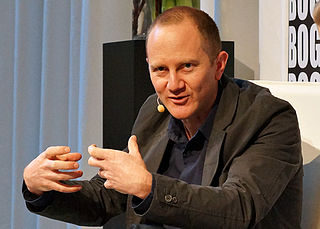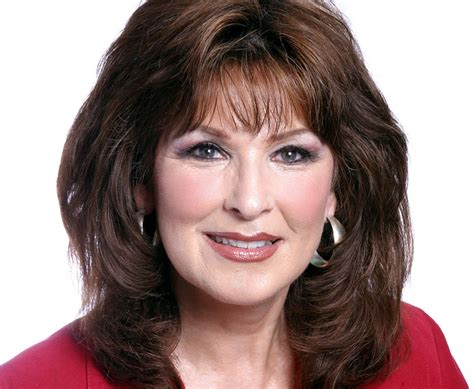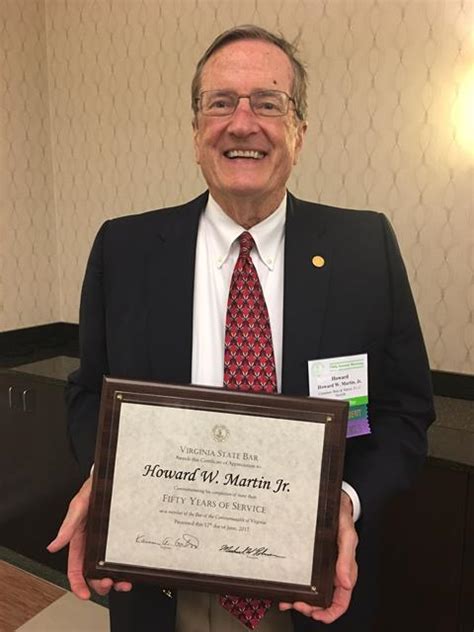A Quote by Chris Cleave
I do think it is harder to acknowledge our strengths, or to forgive ourselves and each other for our shortcomings, when there has not been a result we can all agree on. And it is certainly impossible to imagine forgiving the enemy while their animus remains undefeated. Yet war doesn't end with armistice, it only ends with forgiveness and reconciliation.
Related Quotes
To forgive the incessant provocations of daily life - to keep on forgiving the bossy mother-in-law, the bullying husband, the nagging wife, the selfish daughter, the deceitful son - how can we do it? Only, I think, by remembering where we stand, by meaning our words when we say in our prayers each night, “Forgive our trespasses as we forgive those who trespass against us.” We are offered forgiveness on no other terms. To refuse it is to refuse God’s mercy for ourselves. There is no hint of exceptions and God means what he says.
Forgiving is tough. Excusing is easy. What a mistake it is to confuse forgiving with being mushy, soft, gutless, and oh, so understanding. Before we forgive, we stiffen our spine and we hold a person accountable. And only then, in tough-minded judgment, can we do the outrageously impossible thing: we can forgive.
Forgiving and being reconciled to our enemies or our loved ones are not about pretending that things are other than they are. It is not about patting one another on the back and turning a blind eye to the wrong. True reconciliation exposes the awfulness, the abuse, the hurt, the truth. It could even sometimes make things worse. It is a risky undertaking but in the end it is worthwhile, because in the end only an honest confrontation with reality can bring real healing. Superficial reconciliation can bring only superficial healing.
Forgiving ourselves for all the woulda-shoulda-couldas in life, and sometimes forgiving others for actions that we feel undercut or undermine our good, can be very challenging. But forgiveness of the past and mistakes, our own mistakes as well as the mistakes of others, is imperative if we are to dwell fully in the present and experience the miracles that are only available to the forgiving and loving mind.
The reason to forgive ourselves is not because we feel like it or because we want to see ourselves as blameless but because we limit what we can receive from God when we hold on to our past. He wants to do so much more than we could ever imagine. Forgiving yourself starts with believing in God's incredible love for you and accepting His amazing grace and mercy. If God Almighty can forgive us who are we to hold on to what He has not only forgiven but forgotten
God is also fully aware that the people you think are perfect are not.
And yet we spend so much time and energy comparing ourselves to others-usually comparing our weaknesses to their strengths. This drives us to create expectations for ourselves that are impossible to meet. As a result, we never celebrate our good efforts because they seem to be less than what someone else does
Here in America, we don't let our differences tear us apart. Not here. Because we know that our greatness comes from when we appreciate each other's strengths, when we learn from each other, when we lean on each other, because in this country, it's never been each person for themselves. No, we're all in this together. We always have been.
Take it slowly. The deepest resentments are wrapped up in a lot of hurt and pain. We think we're protecting ourselves by not forgiving. Acknowledge that and go easy on yourself. Forgiveness means that you've decided not to let it keep festering inside even if it only comes up once in awhile. Forgiveness is a powerful yet challenging tool that will support and honor you, even in the most extreme circumstances.
Forgiveness does not mean that we suppress anger; forgiveness means that we have asked for a miracle: the ability to see through mistakes that someone has made to the truth that lies in all of our hearts. Forgiveness is not always easy. At times, it feels more painful than the wound we suffered, to forgive the one that inflicted it. And yet, there is no peace without forgiveness. Attack thoughts towards others are attack thoughts towards ourselves. The first step in forgiveness is the willingness to forgive.
































